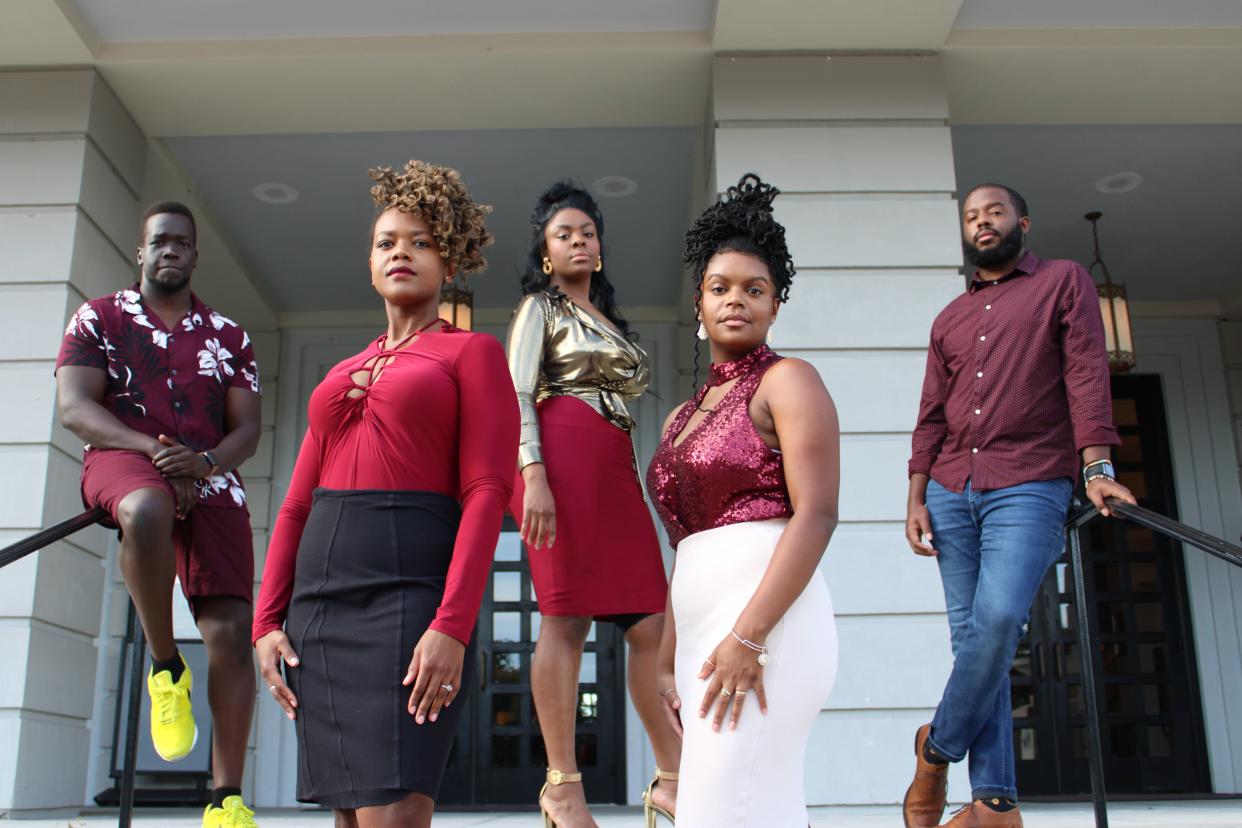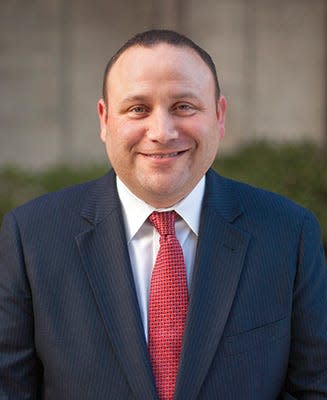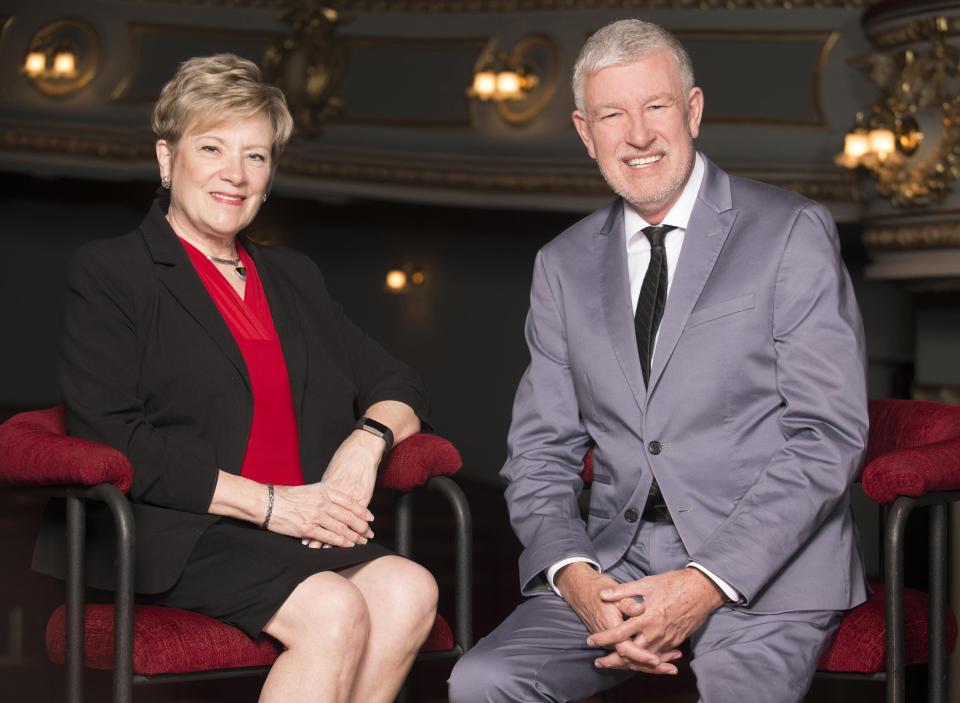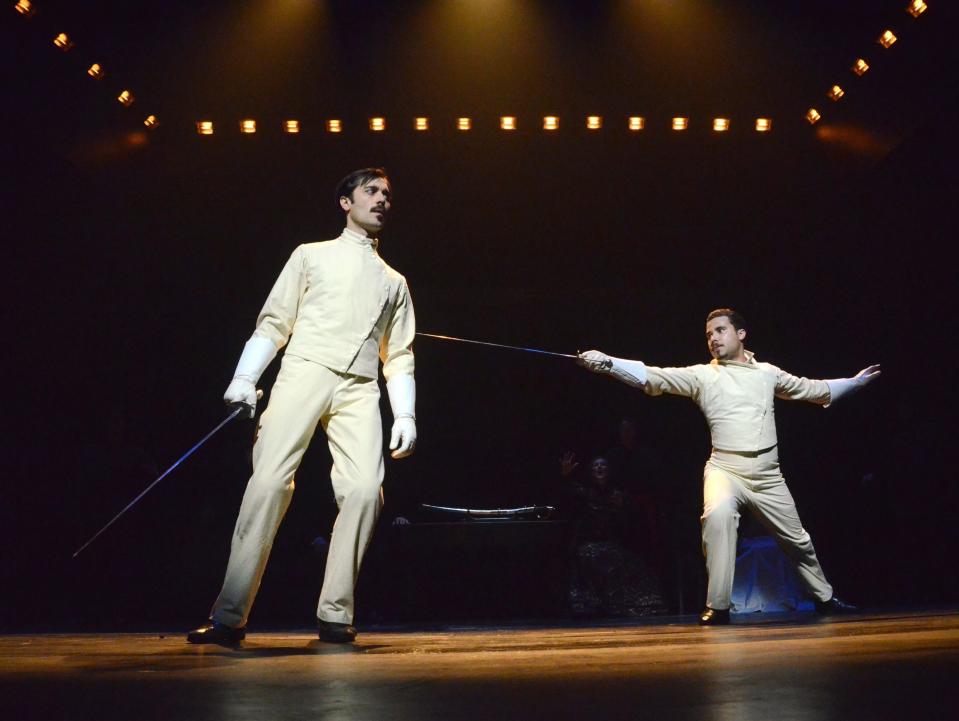Progress made against racism at Asolo Rep and Conservatory in Sarasota

A new school year has begun at the FSU/Asolo Conservatory with a number of changes resulting from a call to action by five Black students concerned about the lack of diversity in the graduate acting program and the Asolo Repertory Theatre where they perform.
The students’ letter, sent to management in June, triggered a series of meetings with leadership in the FSU School of Theatre in Tallahassee and Asolo Rep and Conservatory faculty members in Sarasota. In recent interviews, all sides agreed that initial steps have been taken on what they assume will be a long journey to bring greater diversity to what is taught at the school, who is teaching it and how students can become more connected to the university system in general.
But the students are still waiting for the university and theater to admit complicity in what the students have called “institutional racism” and commit to being anti-racist and to create action plans for how they will achieve goals outlined in the letter. There are also major challenges in reshaping the school’s scholarship donor program.
“Some of the changes have happened,” said Bonita Jackson Turner, one of the five current students who drafted the call to action. “For the first time, the students have had an equity, diversity and inclusion meeting during orientation. The third-year students had a workshop with a Black alum for voice-over work. In my years here, we never had any Black instructors.”
That class was taught by 2007 Conservatory graduate Mia Bankston, who was among more than 200 current students, graduates and Asolo Rep actors, directors and staff who signed the letter.
The letter was a response to a statement by Asolo Rep in the wake of the police killing of George Floyd, expressing solidarity with the Black Lives Matter movement and taking a stand against “oppression, racism and hate.” The students’ called that proclamation false and offensive because of a history of neglect of Black writers, faculty members and guest artists in their Conservatory training program and the limited number of plays by Black writers and people of color produced by the theater in the last two decades.
Students had asked that 12 issues be addressed, and Bradley Brock, the interim executive director of the School of Theatre, said progress has been made on most of them, beginning with meetings intended to better understand the concerns. “We wanted to meet with the students to hear the concerns, ask questions, listen and then formulate a plan based on that.”

Brock said the issues are “incredibly valid and things that need to be addressed. I will always say the students’ education is first and foremost, and that has to be the primary focus of everything we do. We’re committing to them when we accept them into the program. There are things we can improve upon, and I’m committed to doing that.”
There are now monthly meetings between officials in Tallahassee and the students, who often felt disconnected from the university system, partly because of physical distance, he said. There are also clearer channels of communication and specific staff members to whom the students can turn to with new or ongoing concerns.
Three of the five current students – Naire Poole, Daniel Ajak and Bonita Jackson Turner – spoke publicly in an interview for the first time since they, Ptah Garvin and Nydira Adams issued the letter. Ajak said the students now have stronger support from the university and feel they “can voice opinions and concerns in an open forum, which is something that was very much needed.”
But the students said the first item on their list has yet to be addressed and is an integral catalyst for the change that is still needed. The students called on both institutions to “admit your complicity in institutional racism and commit to being anti-racist.” They also called for a written plan of action, which neither organization has produced.
Brock said an action plan is being developed for the university.
“One of the points, which is not a point of contention, is an admission of complicity,” Turner said. “It doesn’t mean I’m calling you racist. It’s because of biases you may have that have upheld racism. In history, there’s a track record. Admission is not defeat. It’s saying you can see where I’m at and now we can really move forward.”
In their letter, the students said the Conservatory had not produced a play by a Black writer in at least 20 years.
Conservatory Director Greg Leaming announced this week that in December, the second-year students would present an online version of Anna Deveare Smith’s “Twilight Los Angeles: 1992” about the beating of Rodney King in 1991 and its aftermath. It will have a Black director. It is part of a season that was limited and revised because of coronavirus. In April, the students will perform “Julius Caesar” outdoors at Selby Gardens.
“We hope that starts new steps toward all people of color seeing their work represented,” Poole said of “Twilight.”
The students also are seeing changes happening at Asolo Rep after what Poole described as an initial pushback and “a lot of defensiveness happening in the room instead of listening.”
Producing Artistic Director Michael Donald Edwards said that while the letter “had some stinging, hurtful comments,” it “has actually been a boon. It has actually been a gift” because of how it triggered conversations, training and different understanding.

The theater has launched an ongoing series of anti-racism and diversity training sessions for the staff. Edwards also has conducted video conversations with some of the Black artists who have worked at Asolo Rep in recent years as part of its Engage online series, discussing anti-racism and other issues.
In a recent Herald-Tribune column, Edwards and Managing Director Linda DiGabriele cited some of the plays the theater has produced in the last 10 years dealing with racism and diversity issues, its bilingual “Hamlet: Prince of Cuba” and the launch of its Illumination series of race and diversity discussions tied to the theater’s productions.

The students say they welcome such programs, but they don’t take the place of anti-racism actions and developing an action plan.
“Anti-racist work is not proving you are not racist. It’s not just casting a Black actor in a role traditionally played by white actor,” Turner said. “It must be intentional and actively pursued. Though I appreciate their commitment, that comes with an anti-racist plan. That includes putting on shows by nonwhite people.”
Edwards said the theater is “ready for this conversation” and that the equity, diversity and inclusion consultant it hired has reinforced “what we already know to be true. It feels like this call to action came as we were already thinking about these things. It raised the level of urgency. We’re so much on the same page.”
He expects to stage Thornton Wilder’s classic “Our Town” this season with a multiracial cast. “As a white American artist, I see this story now in a new way. That’s part of a very conscious way of thinking around issues of racial identity,” he said. “I looked at the students and said it has to be diverse. It has to look like America. That is one of the reasons I’m excited about doing it.”
All sides agree that the most complicated issue involves the scholarship donor program, which covers the costs of the three years the students spend in Sarasota. Coordinated by Asolo Rep’s development department with the university, it has long assigned donors to individual students, some of whom have expressed discomfort with the system. Some donors have developed yearslong relationships with their matched students. Others have never met the students they support.
But students said the program needs to be restructured so they feel “no pressure to attend or be put on display at brunches, galas or other events. Students should be free to pursue their education and hone their craft without bearing the burden of assisting your institutions in the retention of your exclusively white sponsorship,” their letter said.
The statement rankled a few longtime donors, some of whom have dropped out of the program. Others say money from the donors should be pooled to support the students in general.
“We hope not too many people will say they don’t want to be involved anymore,” DiGabriele said. “Some sponsors don’t spend a lot of time in Sarasota, some have passed away and some students are not interested in a personal relationship. Everyone is told, it’s up to you. ‘You don’t have to do anything but be nice, to be cordial. You don’t have to attend anything other than a few specific events that Asolo Rep or FSU hold, like student brunches.’ There are clearly things we have to clarify.”
But like all the other aspects raised by the student letter, “This is a process that is going to go on for a while,” DiGabriele said. “This is not something we can turn around overnight.”
That’s especially true during a pandemic that has at least temporarily altered the theater’s operations.
The students called on both the university and theater to “hire people of color” and to “commit to diversity in employment at every level of your institutions.”
DiGabriele and Edwards said they are committed to that.
“We intend to deepen our outreach when we’re able to hire and find ways to be more attractive to Black and BIPOC employees,” she said. “But we’ve been laying off people, not hiring, and we don’t know when we’ll be able to hire again. The same thing with casting. We can’t change anything until we’re able to start producing and cast the shows.”
Poole said students have welcomed a sense of change. “Seeing the start of this work happening is beautiful.” But she said it represents just a few months out of decades in the history of the Conservatory program.
“The true telling of this and where Asolo would like to stand in the span of history is going to be time,” she said. “We will see if they're truly committed to this work or if this is ‘let’s appease students right now because they’re here right now.’”
This article originally appeared on Sarasota Herald-Tribune: Progress being made against racism at Asolo Rep and Conservatory

